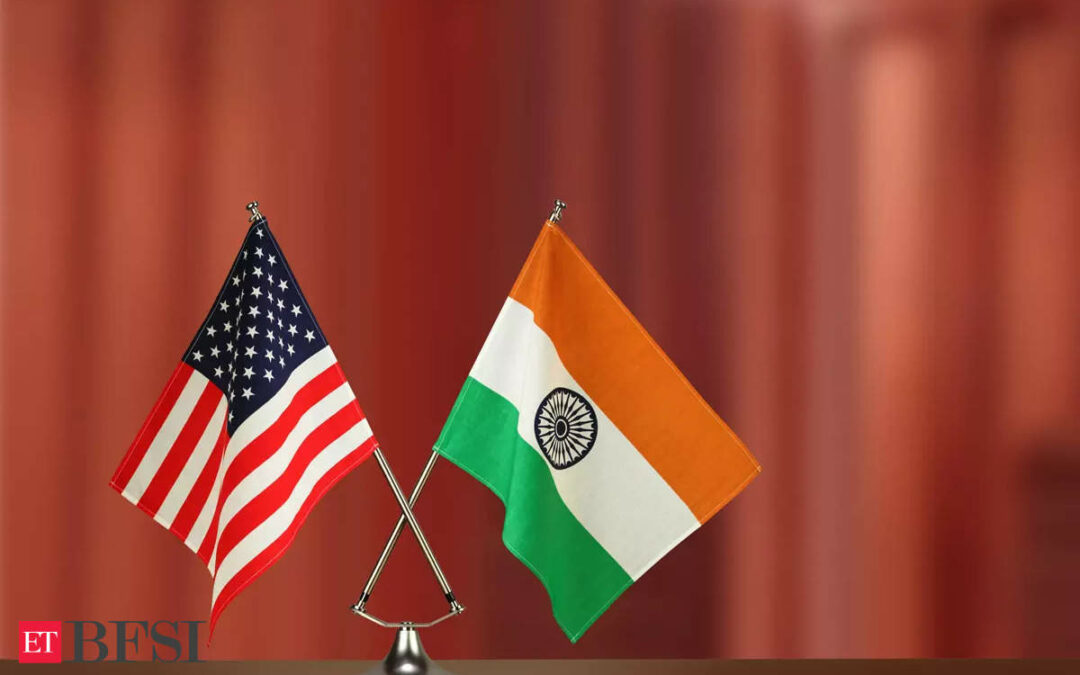India and the US on Thursday reaffirmed pledge to work jointly to address illicit finance risk globally, as they weighed greater information sharing and co-operation to better combat sanctions evasion and terrorist financing, according to a joint statement.
The statement comes after revenue secretary Sanjay Malhotra and US Treasury under-secretary for terrorism and financial intelligence Brian Nelson co-chaired the India-US Anti-Money Laundering/Countering the Financing of Terrorism (AML/CFT) Dialogue in the capital.
Both the parties recognised the “pressing need” to accelerate the global implementation of AML/CFT standards for virtual assets, in sync with the Financial Action Task Force (FATF) recommendations, to effectively tackle the issue of regulatory arbitrage, according to the statement.
The participants deliberated on each other’s experience with virtual assets and their service providers, “given the focus area of both sides to promote responsible innovation while mitigating illicit finance risks”, it added.
The deliberations took place about three weeks after G20 leaders, in a virtual meeting under India’s presidency, broadly endorsed a road map for dealing with crypto assets, with provisions for “tailor-made measures” to mitigate risks specific to emerging markets and developing economies.
As for the latest dialogue, India and the US also discussed efforts to enhance transparency in beneficial ownership, including the implementation of beneficial ownership registries, tools to improve data quality, and verification of the information. “This is a crucial step in combating money laundering and other financial crimes, as it allows authorities to track the flow of funds and identify those who are ultimately responsible for them,” the two sides said in the statement.
They also held talks on the current challenges each jurisdiction is facing in enforcing sanctions.
Both the delegations have zeroed in on areas in anti-money laundering and countering the financing of terrorism for further bolstering bilateral cooperation. They agreed to convene the dialogue again next year to build on this progress already made.
They also agreed to continue the ongoing technical-level discussions to advance shared priorities and identify additional areas for cooperation. “Finally, we agreed to pursue opportunities to enhance coordination and cooperation bilaterally and multilaterally, including working together within the FATF,” they said in the statement.









